Paul Ryan on America's political landscape going into 2024
Former U.S. House Speaker Paul Ryan discusses federal government shutdowns, budgetary and economic policy, the age of elected officials and the outlook for the Republican Party under Donald Trump.
By Steven Potter | Here & Now
September 28, 2023
VIDEO TRANSCRIPT
Steven Potter:
Former U.S. Representative and former House Speaker Paul Ryan, thank you for joining us.
Paul Ryan
Thanks for having me. Good to be with you.
Steven Potter:
A lot of the talk this week has been about the looming government shutdown if Congress doesn't come up with an agreement to fund federal agencies. When you were House Speaker, the government did shut down twice, both times in 2018. What should current congressional leadership do to find common ground and avoid a government shutdown?
Paul Ryan
Yeah, well, I don't think it works. It's not worthwhile. It won't do any good. You know, my old partner in governing Mitch McConnell used to always say "There's no lesson gained from a second kick of a mule," which is what you get from a government shutdown. The problem is more of our members are new and never been there for a government shutdown. So I think there are a lot of people pining for this. Not a lot, a few people are pining for a government shutdown. Nothing is gained from it. It doesn't do any good. And I know Speaker McCarthy would like to avoid it but I don't know that he'll have the votes to avoid it. And that's gonna be a real problem.
Steven Potter:
What are specifically the challenges that Speaker McCarthy is facing?
Paul Ryan
He's got a tough, he's got a thin margin. I think Chris Stewart just retired from Congress. His wife was sick. He's down to a four vote margin now, I think, that's his biggest challenge is getting a bill to the floor. And if he brings a bill to the floor that is that doesn't have a majority of Republicans, that requires bipartisanship, members are threatening to go after him to subject to vacate to the chair. So I think that's what's hanging over him. So it's a real, it's a real mess, frankly. And I think and hope that he can get through this. I think at the end of the day, Speaker McCarthy and the majority of Republicans who voted for the debt limit deal that he did with President Biden will honor that deal. But I don't think that that is ready yet. So between now and whenever that agreement is ready to go, there very well may be a shutdown in between which doesn't do anybody any good.
Steven Potter:
The U.S. economy is a perennial political issue. What steps should elected leaders take to make sure the American economy is the strongest and safest it can be?
Paul Ryan
Well, in the short term, I think you don't wanna do anything to feed more inflation. I think you wanna make sure that we don't stifle innovation with overregulation from governed agencies. And I think tax policy, you have a lot of the tax code, particularly in small businesses that are expiring in 2025. If we could give businesses certainty that their taxes aren't going to go up dramatically, that would help a lot of long-term planning. Over the long term, we've got to get our debt under control and that means we have to deal with the majority of government funding that is not in these annual appropriation bills. Those are our entitlement programs. Our social contract is very important, it provides us a safety net for the poor, health and retirement security for most Americans. But it was written in the 20th century in ways that are proving unsustainable in the 21st century. So we need comprehensive reforms of these programs so that they can continue and that they don't bankrupt our country. Because if we have a debt crisis in this country, everybody gets hurt, especially the people who are living paycheck to paycheck, the least among us. So long-term Congress needs to fix our fiscal imbalance, our fiscal debt crisis that's coming. And right now our politics are so unserious, we're just not even close to solving those problems unfortunately.
Steven Potter:
Government spending is a part of the U.S. economy. How should elected officials, what should they keep in mind when they're debating and passing federal budgets?
Paul Ryan
Yeah, so I think if you're saying government spending is a part of the economy, yes, it is. But too much federal spending, as we've just now learned, can fuel inflation. And this is a prevailing problem right now. So the last thing the government wants to do is fuel more inflation. I think we want to have predictability. I think having a government shutdown is a bad idea but dealing with the drivers of our debt is really incredibly important so that we have long-term economic growth and making sure that we have predictable tax policies. I think that would be very, very important for us to have sustainable long-term growth. But right now, if you wanna get the economy growing and prevent a recession, I think having regulations that aren't stifling businesses, having certainty so businesses know how to plan and invest, and then that hopefully will take some pressure off the Federal Reserve and the need for them to continue cranking on interest rates. If we can have the government stop fueling inflation, allow economic growth to occur by having predictability and regulations, that can take pressure off the Federal Reserve in the short term and that could probably help us, hopefully help us dodge a recession.
Steven Potter:
OK. When you were elected House Speaker back in 2015, you were 45 years old, today some in political leadership are considerably older. Senator Republican Senator Mitch McConnell's 81, Democratic Representative Nancy Pelosi's 83. There are others who are older. What are your thoughts on the increasing age of our elected officials and their ability to govern?
Paul Ryan
Yeah, well, my good buddy Mitt Romney just announced he wasn't gonna run for reelection. And I think I agree with him, he said it, "We shouldn't be here in our 80s," that was Mitt's quote. I tend to agree with that. I did 20 years in Congress from the age of 28 to 48. I frankly believe in term limits. I don't think that's ever going to happen because it takes a constitutional amendment. But I'm not a fan of staying there all of your life. I don't think staying in Congress for multiple decades is really good, frankly, it's good for Congress. So I would like to see new leadership step up, fresh leaders step up with new perspectives and I think that would be healthy for our economy. I decided I didn't wanna be a lifer in Congress. I served two terms, which is frankly a long time, but I just didn't wanna serve 40 years like a lot of these people. So I think having new leaders is probably a pretty good idea.
Steven Potter:
A new poll from "The Economist" found that most Americans support a mandatory mental competency test for those over 75. Should there be such a test?
Paul Ryan
I don't know about that. I don't think, I haven't given much thought to that but I'm not so sure I would support a mandatory mental competence test. Let the voters make their own decisions.
Steven Potter:
Next year there is a presidential election. Democrat Joe Biden has said he is running again. Former President Donald Trump is leading the pack for the Republican nomination. What do you think the chances are that Republicans will take back the White House?
Paul Ryan
Yeah, well, if we beat Trump in the primary, we'll win. If we nominate Trump, I think we'll lose. I think it's just that simple.
Steven Potter:
At one point you did support Donald Trump. What changed?
Paul Ryan
Well, I was in government with him. There are two reasons I don't support Trump, one practical, one sort of principle. The practical reason is ever since his one win in 2016, we've been losing ever since. We lost the House in 2018 because of Trump. We lost the White House because of Trump. We lost the Senate because of Trump in 2020. We lost the Senate again in 2022 because of Trump. And there are anywhere from 10 to 15 House seats we could have otherwise won but for Trump in 2022. So I don't see any reason to think that's gonna change. If you look at the key swing states in America that will determine the presidency, Wisconsin being one of them, it's the suburban voter that is the swing voter in those states. Wisconsin, Georgia, Nevada, Arizona, maybe Pennsylvania. Suburban voters in those states are the swing voters. You think the college educated suburban voter say in the wild counties in Wisconsin like Donald Trump, more since January 6th than they did before. So I don't see any scenario where those swing voters are gonna be more likely to vote for Donald Trump. I think they're gonna be less likely to vote for Donald Trump. So I think we lose with Donald Trump. That's my practical reason. That's the argument I make to Trump voters. The principal reason why I don't think he should be our nominee is I don't think he's fit to be president. I just don't think the man, I think he proved it to all of us on January 6th but I just don't think the man's fit for the office. So I don't want to see him become president because I don't think he's capable of being a good president.
Steven Potter:
Who do you favor in the-
Paul Ryan
Anybody but Trump right now. I think there are a lot of good people. I think there are a half a dozen Republicans running in this primary that are more than capable of not only winning the general election, but being good presidents.
Steven Potter:
After 20 years as a U.S. Representative, you did leave office in 2019. Politically things are pretty different than they were then. A new poll from the Pew Research Center found that about 65% of Americans feel exhausted when they're thinking about politics. 55% of them are angry when they think about politics. What needs to be done to keep Americans engaged in politics and elections?
Paul Ryan
That's a good question. I think there's demand side and supply side in politics. What I mean when I say that is there is a lot of "angertainment," there's a lot of grievance pedaling. There's the entertainment wing of both parties now, and we have a lot of people who are scaling politics through entertainment on social media polarizing and playing on differences, on tribalization, on tapping into anger. That's the supply side. But there's also demand side from the public on that. So the question is, can we have politicians that can supply a better version of ourselves, a better version of politics that is also politically viable? That's what I'm praying and hoping for. So can we have politicians that can campaign on actually solving problems, bringing us together and fashioning sort of inspirational inclusion, political agenda that actually solves problems, do it from the the Right's perspective, do it from the left's perspective, but debate about ideas and solving problems. I would like to think the country is getting fatigued from this hyper-partisanship and polarization and that they would reward political aspiring leaders who offer that kind of politics. I'm hopeful that that's the case. And if somebody successfully supplies that, I think they can win. In my test case, in my mind is just our primary, if we succeed, if we non-Trump Republicans succeed in nominating somebody not named Donald Trump, let's just say Tim Scott, Nikki Haley, Mike Pence, you know Ron DeSantis, and they're able to run an agenda-filled campaign to the country, that shows an agenda that solves problems that we need to have solved, that person's gonna win the win the election. And I think it's gonna help us get through this moment. That's my hope. But I don't know when we're gonna get to that moment, frankly.
Steven Potter:
Why did you decide not to seek reelection?
Paul Ryan
I did 20 years in Congress. My kids were in high school at the time and being Speaker of that Congress is like two full-time jobs, meaning it's double the time away from home as a regular congressman. So it was really clear to me that if I did a third term as Speaker, that I would not really know my kids all the way through their high school years. So it was really important for me to get home while my kids were in high school, to have the kind of life that I wanted to have with them that I now have. So frankly, that was my number one reason. I also was pretty clear to me with the presidential election coming around the corner, that we weren't gonna have the kind of productive legislative session we had the prior term. So I didn't want to just play politics and miss my kids. I want to get home and be the dad I always wanted to be that I am now.
Steven Potter:
What would make you want to run for office again?
Paul Ryan
I'm pretty good. I got it out of my system.
Steven Potter:
Paul Ryan, thank you very much for joining us.
Paul Ryan
You bet. Thank you.
Editor’s note: Former Speaker of the House Paul Ryan visited the University of Wisconsin-Madison campus as the policymaker in residence at the La Follette School of Public Affairs. On Sept. 26, 2023, Ryan delivered a speech about “bridging political divides and economic policy and share predictions for the 2024 presidential elections” at the Memorial Union in Madison. A recording of that presentation can be viewed here.
 Passport
Passport




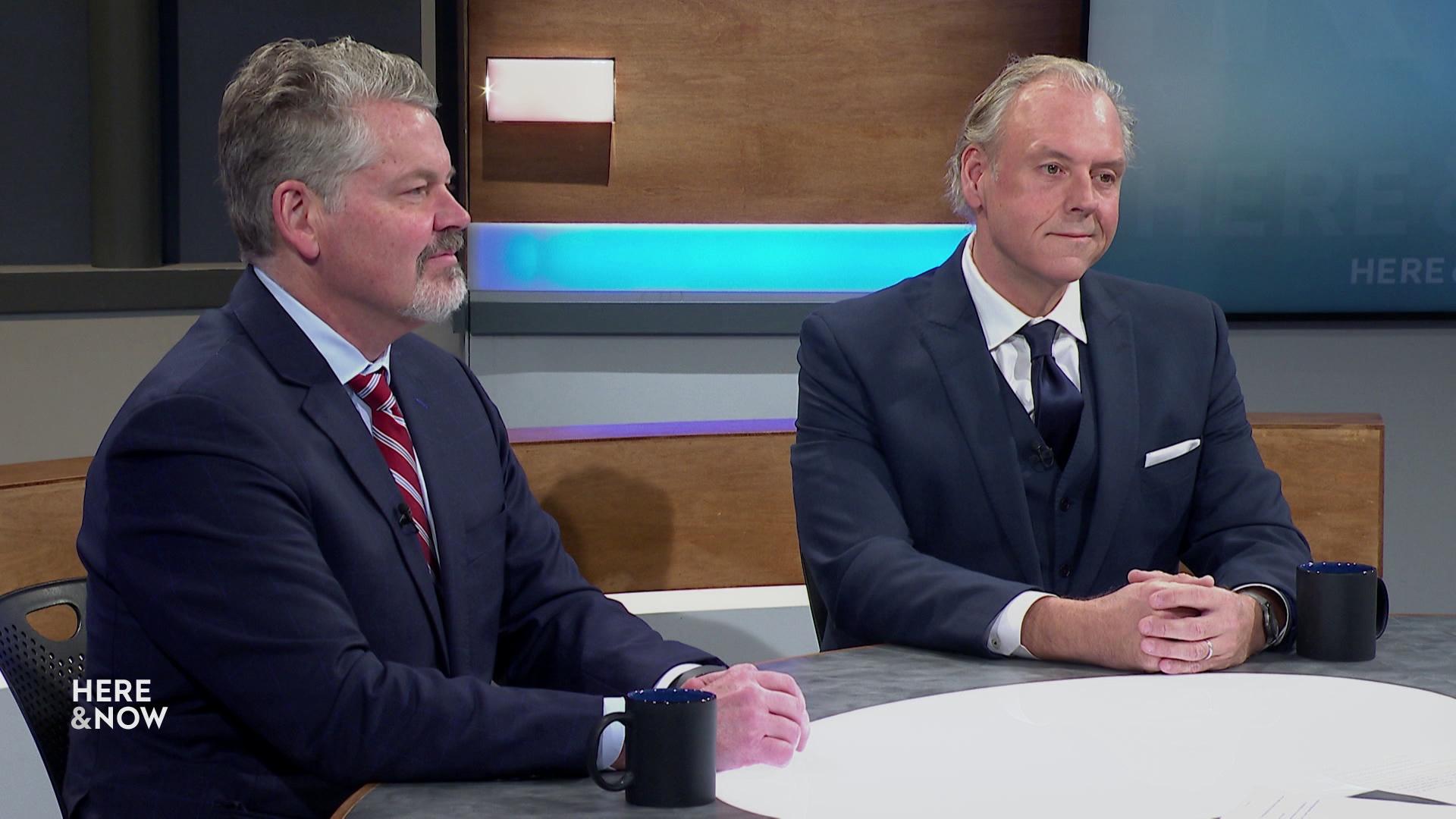
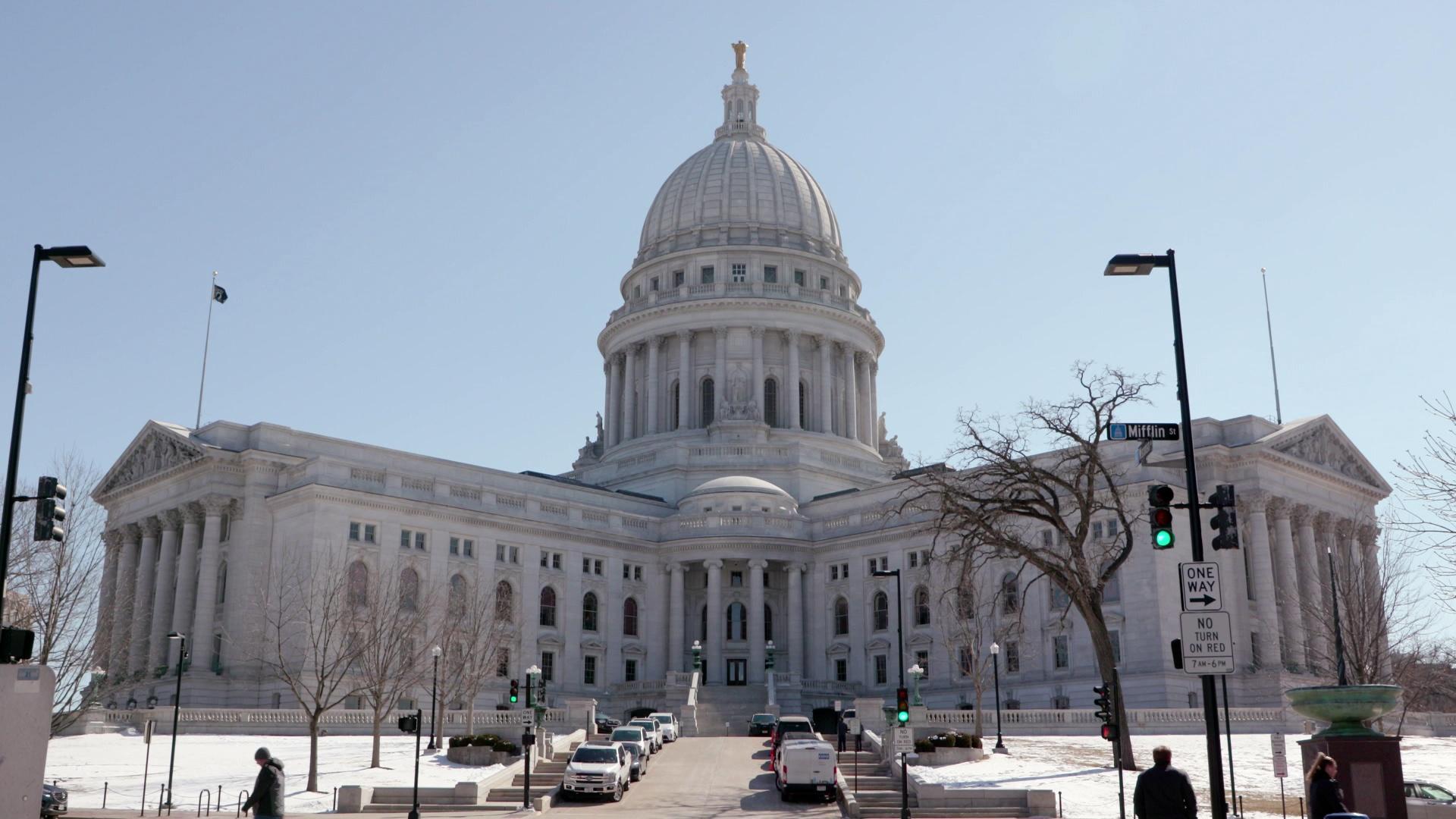
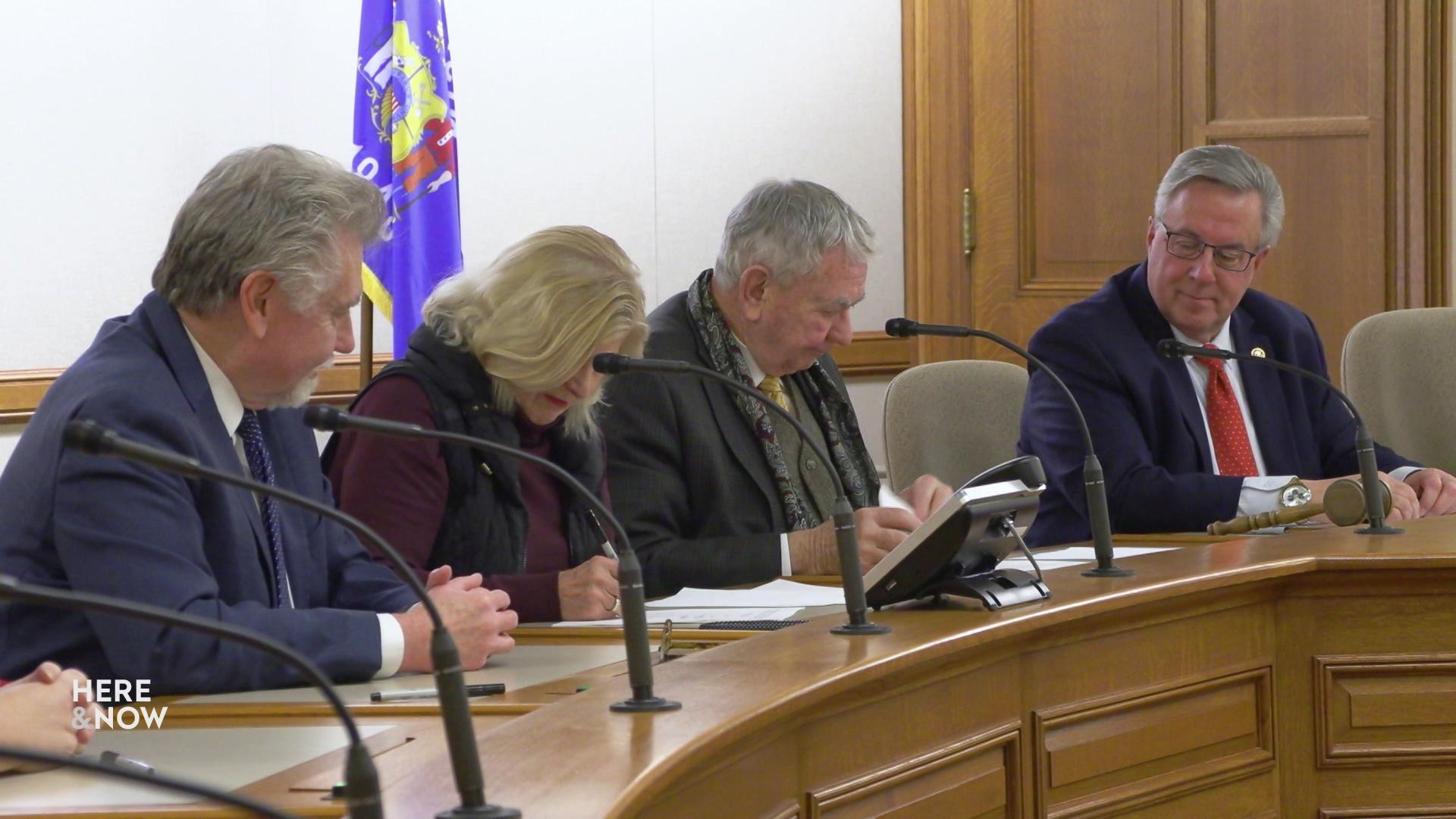
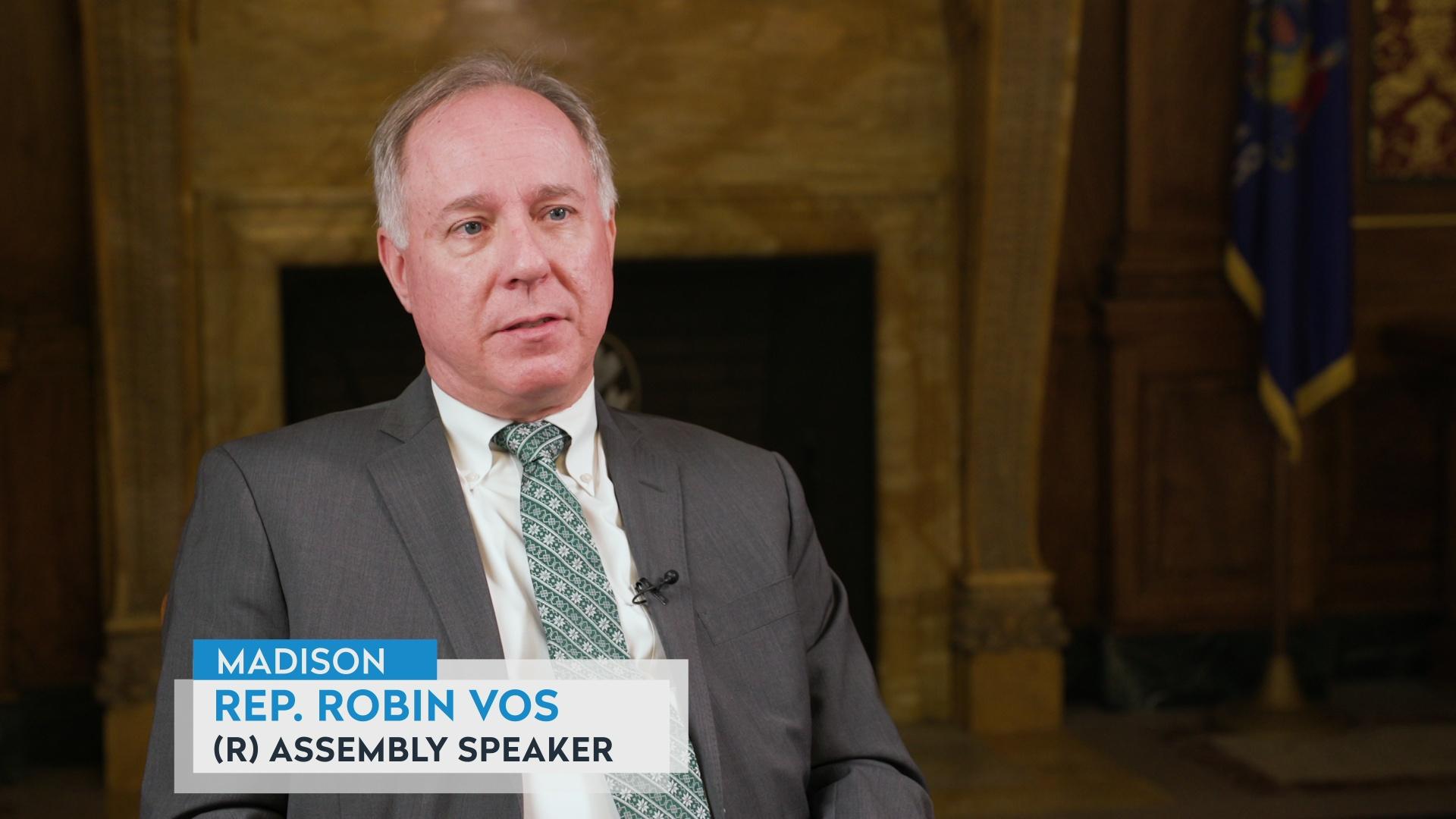
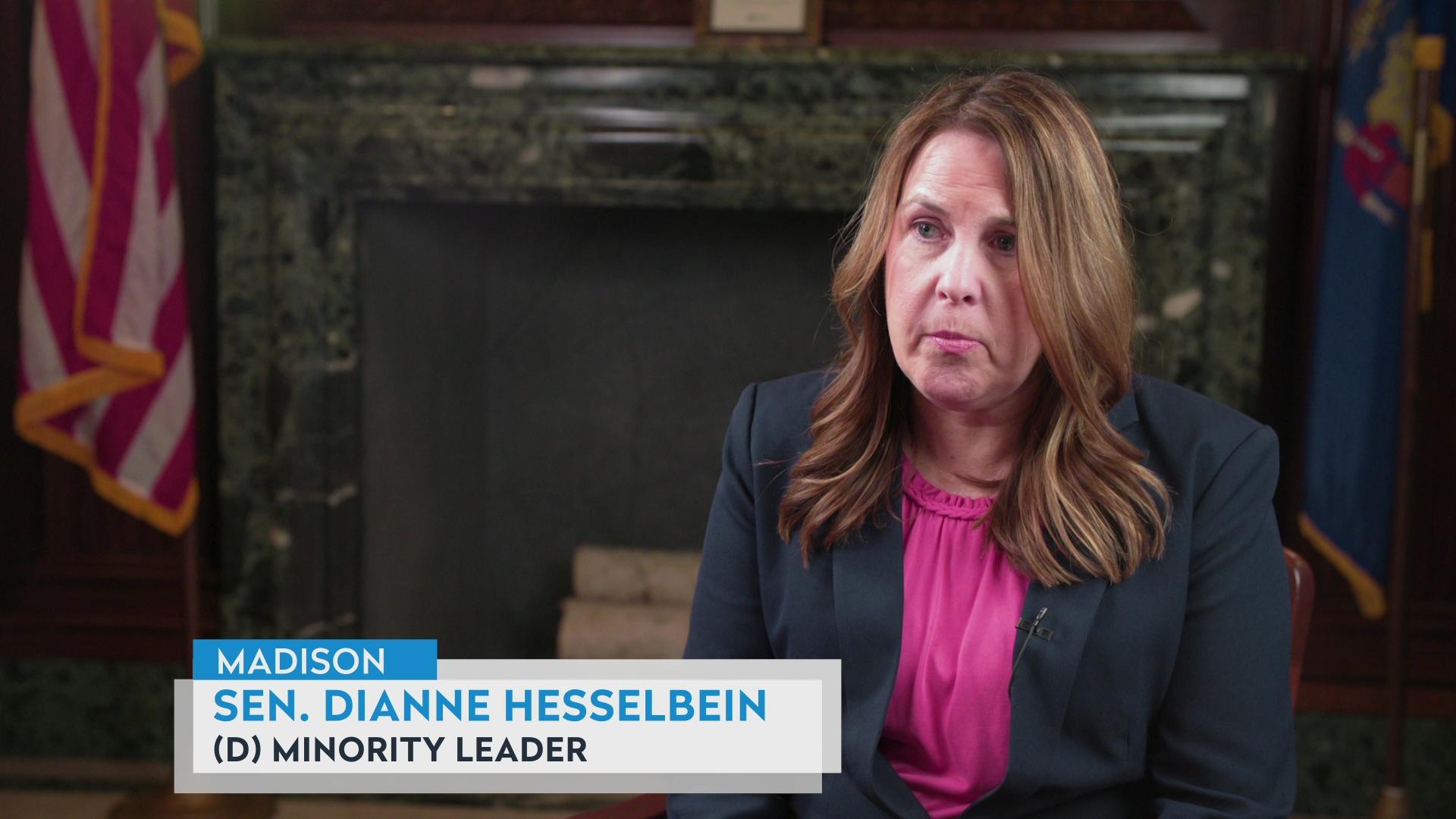
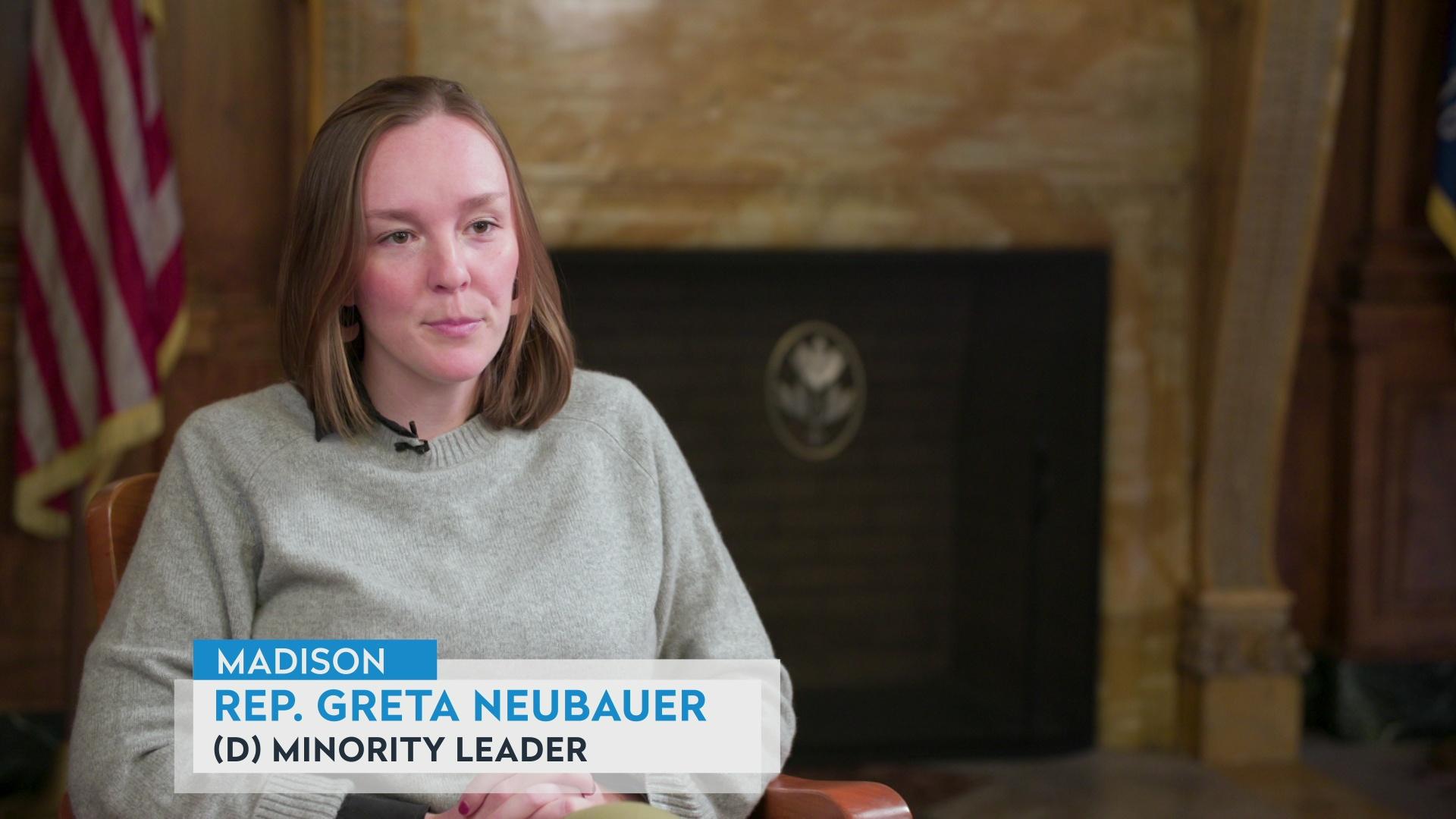

Follow Us